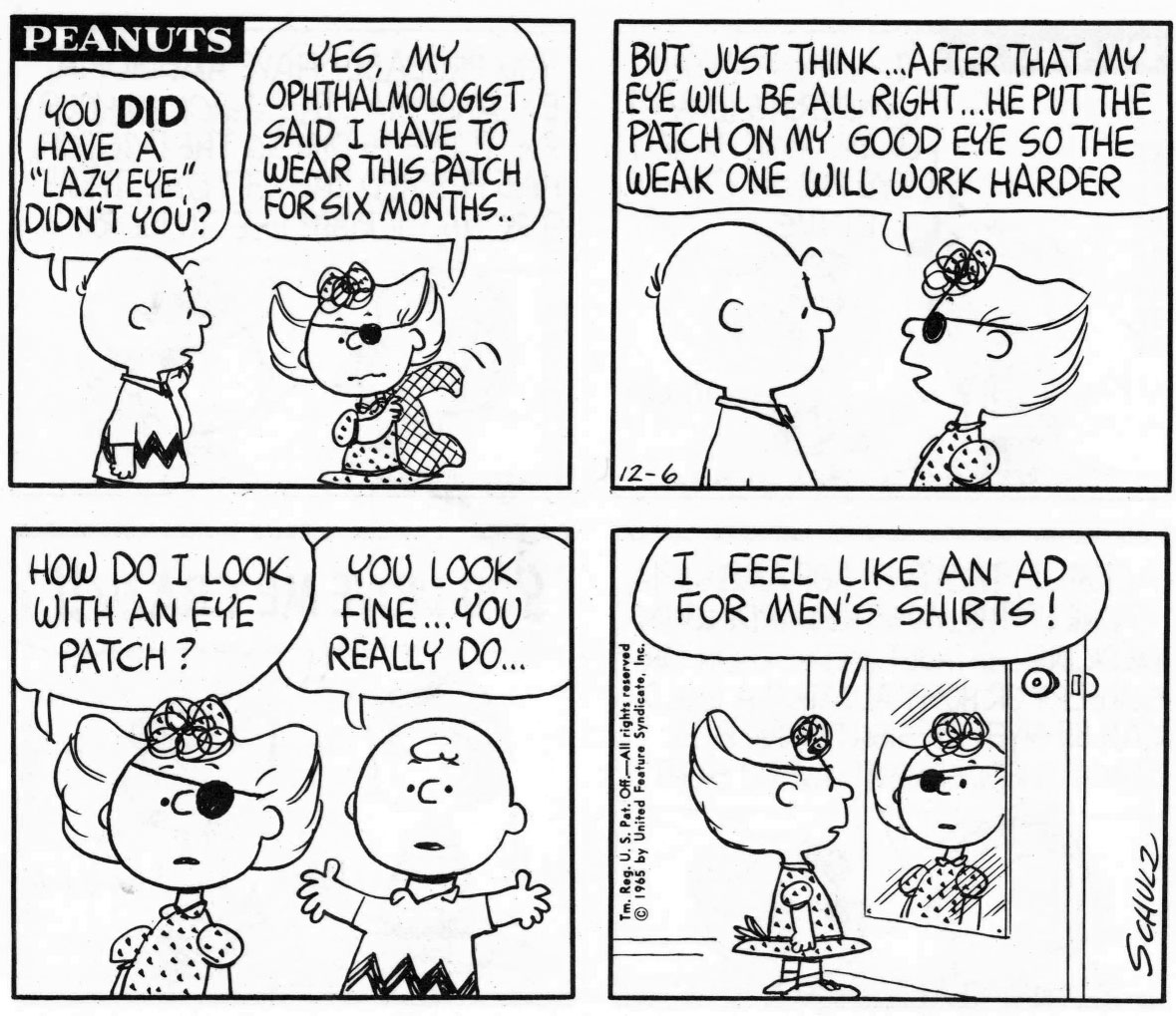Mike Monteiro of Mule Design on attending art school:
But the skill I picked up in school that turned out to be the most valuable was learning how to take a punch. We had these insane critiques where we’d trash each other viciously. We took pride in how brutal we could be to one another. I think it went way beyond constructive. It was an art form in itself. We were basically trying to see if we could get each other to drop out of school. And professors were the worst—we had one guy who’d slash paintings, which is completely devastating, right? I mean you work your ass off on something and your teacher just walks up to it and literally rips it to shreds. It’s kind of magnificent. And afterwards, we’d all go off and drink and have sex with another. But those critiques taught me how to not take criticism personally. It was always about the work. And if the work quality wasn’t there you were marked for demolition.
Yep, sounds about right. The ability to take (and work from) criticism was one of the few life-skills I directly picked up from my undergraduate art background, too.
No one ever literally slashed my paintings, but one professor did tell us during a mid-semester critique that he thought the class’s work as a whole was like “a giant ball of shit rolling downhill, getting bigger.” Fun times!
(Hat tip to Austin Kleon)

